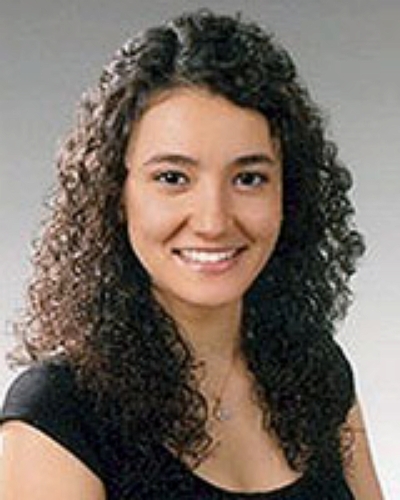Now published, see the full article 
Early Abstract:
Introduction: To reduce the spread rate of the pandemic in Turkey, the distance education was initiated in all universities on March 23, 2020. However, distance learning was not experienced in physical therapy and rehabilitation education before the COVID-19 outbreak. This study aims (a) to determine the acceptance and attitudes of Pamukkale University Physical Therapy and Rehabilitation undergraduate students towards distance learning during the COVID-19 outbreak and (b) to compare the results among classes.
Methods: This study was conducted from May 2020 to June 2020 at the Pamukkale University School of Physical Therapy and Rehabilitation in Turkey. A total of 381 students (271 female, 110 male) participated. The Distance Learning Systems Acceptance scale (Ease of use, Benefit), the Community Feeling scale (Affective and Actional dimension) and the Distance Learning Attitude scale (General acceptance, Individual awareness, Perceived usefulness, Effective participation) were used to measure students' acceptance and attitudes towards distance education.
Results: Students have partly positive attitudes towards distance learning but are undecided about individual awareness, usability, and effective participation. The sense of community among students was moderate in the distance learning environment. Distance learning acceptance and attitude, and the sense of community levels were highest in 4th year students (last year of the school), followed by 1st, 3rd, and 2nd, respectively. The distance learning and sense of community scores of 1st and 4th -year students were significantly higher than those of 2nd and 3rd (p≤0.01).
Conclusion: Physical Therapy and Rehabilitation undergraduate students' attitudes towards distance learning during the COVID-19 outbreak are positive. However, when comparing between classes, students in the 2nd and 3rd academic year had low attitudes. This may be because most of their curricula consisted of practical courses and summer field internship, and there are no opportunities to practice on mannequins, their peers, and patients in distance education. In this study, the sense of community among students in the distance learning environment was also moderate. This may be because although our students can attend a course via audio and video connections, students were not enthusiastic about doing so, and do not have to attend live lectures as they can watch the video recordings at any time.



